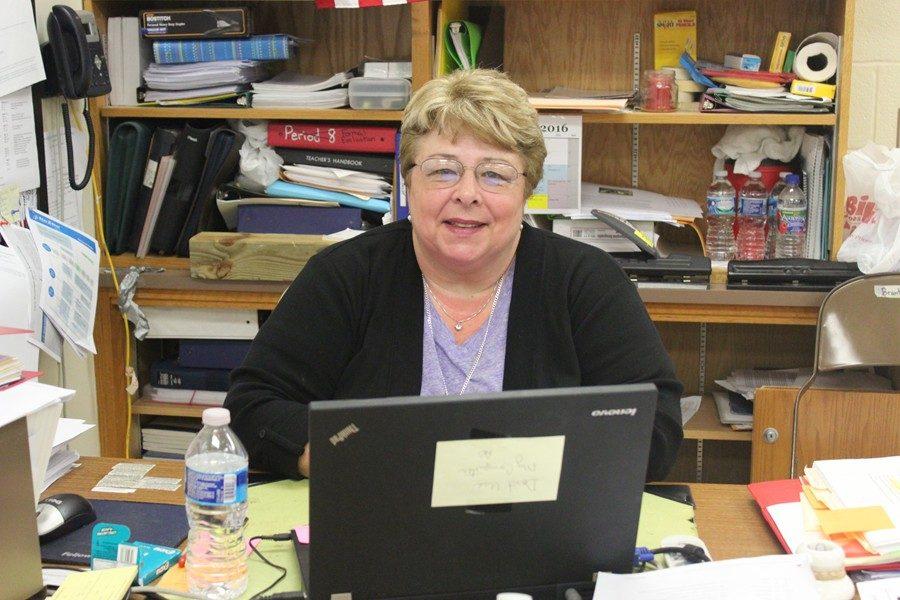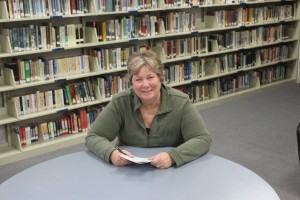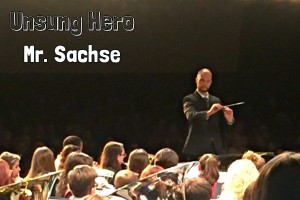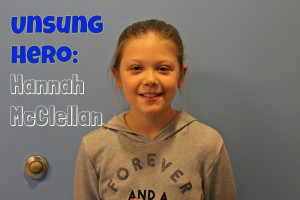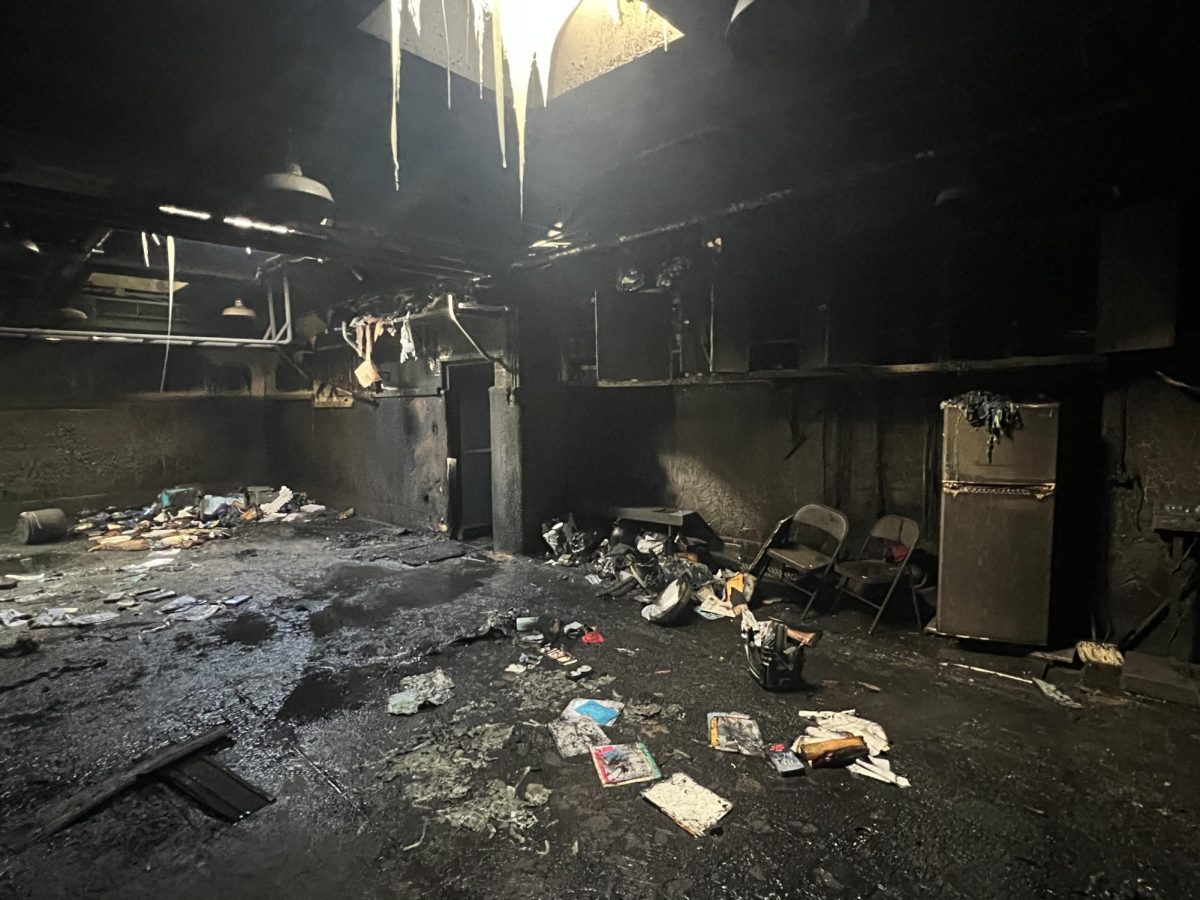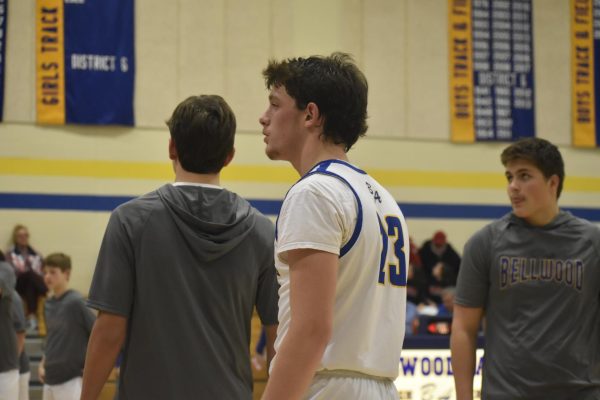Unsung Hero: Ms. Brant
POD teacher Ms. Brant reaches out to third world nations
Mrs. Brant’s annual solar cooker project raised more than $500 this year.
April 22, 2016
Each year, eleventh grade P.O.D. teacher Ms. Brant asks students and faculty to donate money to help the Solar Cooker Project for the Women of Darfur.
This proved to be another successful year, bringing in $536.00, which translates into 38 solar cookers, each costing $15.00.
Jewish World Watch began introducing the Solar Cooker Project in 2006 in order to protect the women and girls of Darfuri.
“I first became interested in the Solar Cooker Project after Holocaust survivor Judith Meisel came and spoke to some of my students about her experiences during the Holocaust,” says Ms. Brant. “My POD students and I agreed that donating money would be a great service project for the Jewish World Watch.”
Survivors of the Darfur genocide live as refugees in Eastern Chad, and they must make extremely dangerous trips outside of their camps in search of firewood and water.
Since 2006, JWW has served hundreds of thousands of women and children in these camps, greatly increasing their safety in Chad.
However, the crisis has greatly changed. A tragic food crisis has since struck the area, making it almost impossible to keep safety stable.
The current conditions in Chad has brought food insecurity to a maximum. The World Food Program and the United Nations Refugee Agency have cut food rations drastically, due to high demand of assistance around the world.
Refugees in Chad are receiving less than 850 calories per person, per day. Some have even reported eating less than 500 calories in one day.
Solar cookers only require one simple thing: sunlight.
A solar cooker provides a foil covered cardboard panel, a black cook pot, and a plastic bag.
On a bright, sunny day, the dark solar cooker will convert the sunlight into heat energy. A transparent heat trap keeps the heat in. This is the clear, heat-resistant plastic bag that is placed around the perimeter of the pot. Multiple shiny surfaces reflect extra sunlight onto the pot, increasing the amount of heat that comes in.
With their source of heat already available to them, the refugee women will be able to greatly reduce the number of trips they must make outside of their camps in search of firewood. On these trips, they would often be beaten, raped, and killed by northern Sudanese soldiers.
The secondary benefit of the Solar Cooker Project was that it created a cottage industry for the women and girls of Darfur. They could teach and help each other make and use the solar cookers. By doing so, they could earn some money for other necessities, including educational materials for young girls.
“For five years now, this project has given me a great sense of pride in my students that are able to reach out to a third world nation and help them to survive and thrive under dire situations,” says Ms. Brant.


